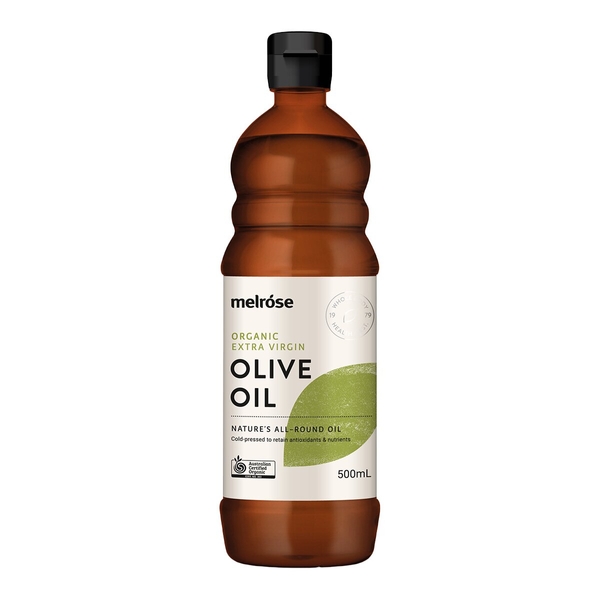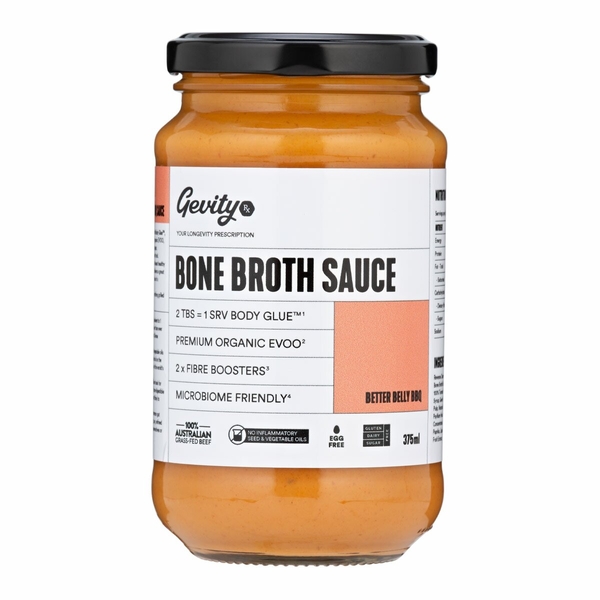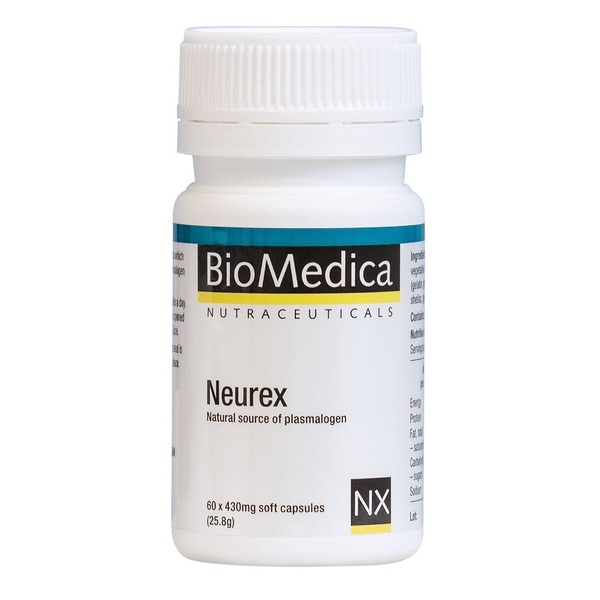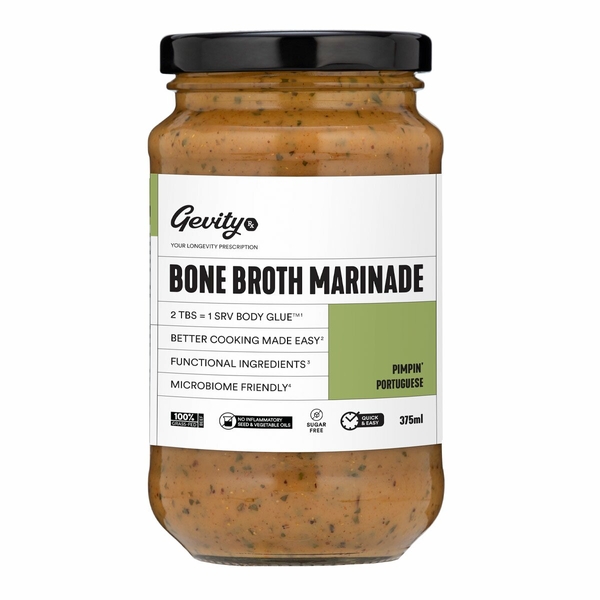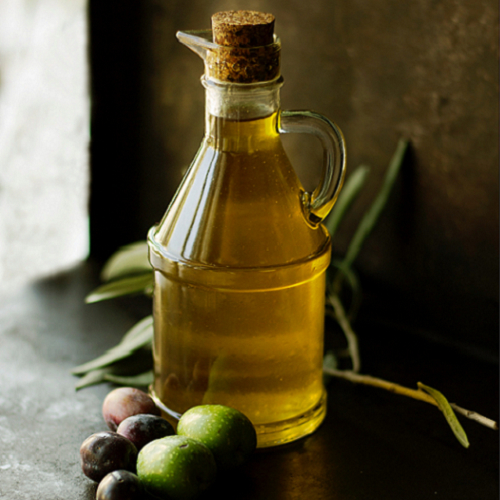
Olive oil
Alternate names: Common Olive Oil, Extra Virgin Olive Oil, Feuille d'Olivier, Huile d'Olive, Huile d'Olive Extra Vierge, Huile d'Olive Vierge, Olivae Oleum, Refined Olive Oil, Virgin Olive Oil
Actions: General, Antimicrobial, Anti-cancer, Anti-inflammatory, Anti-obesity, Cardioprotective, Hematologic
Background
Olive (Olea europaea) is a tree with edible fruit, leaves, and seeds. Olive oil comes from the olive fruit and contains monounsaturated fatty acids.
Fatty acids in olive oil seem to decrease cholesterol levels and have anti-inflammatory effects.
Olive oil is commonly used in foods. As medicine, people most commonly use olive oil for heart disease, diabetes, and high blood pressure. It is also used for high cholesterol, cancer, memory and thinking skills, migraine, obesity, and many other conditions, but there is no good scientific evidence to support many of these other uses.
Don't confuse olive oil with olive. These are not the same.
Fatty acids in olive oil seem to decrease cholesterol levels and have anti-inflammatory effects.
Olive oil is commonly used in foods. As medicine, people most commonly use olive oil for heart disease, diabetes, and high blood pressure. It is also used for high cholesterol, cancer, memory and thinking skills, migraine, obesity, and many other conditions, but there is no good scientific evidence to support many of these other uses.
Don't confuse olive oil with olive. These are not the same.
Safety Safety definitions
When taken by mouth: Olive oil is commonly consumed in foods. Up to 1 liter of extra virgin olive oil weekly has been used safely as part of a Mediterranean-style diet for up to 5.8 years. Olive oil is usually well-tolerated. It might cause nausea in a small number of people.
When applied to the skin: Olive oil is likely safe. Delayed allergic reactions have been reported. When used in the mouth following dental treatment, the mouth may feel more sensitive.
When applied to the skin: Olive oil is likely safe. Delayed allergic reactions have been reported. When used in the mouth following dental treatment, the mouth may feel more sensitive.
Special Precautions & Warnings:
Pregnancy and breast-feeding: Olive oil is commonly consumed in foods. There isn't enough reliable information to know if olive oil is safe to use as medicine when pregnant or breast-feeding. Stay on the safe side and stick to food amounts.Effectiveness
NatMed Pro rates effectiveness based on scientific evidence according to the following scale: Effective, Likely Effective, Possibly Effective, Possibly Ineffective, Likely Ineffective, Ineffective, and Insufficient Evidence to Rate.
Possibly effective Effectiveness definitions
- Breast cancer. Consuming more olive oil in the diet seems to be linked with a lower risk of developing breast cancer.
- Heart disease. People who cook using olive oil seem to have a lower risk of heart disease and lower risk of first heart attack compared to those who cook with other oils. But it's unclear if higher dietary intake of olive oil helps people who already have heart disease.
- Constipation. Taking olive oil by mouth can help soften stools in people with constipation. It is unclear if applying olive oil to the skin or giving olive oil as an enema (rectally) is beneficial.
- Diabetes. People who eat higher amounts of olive oil in the diet seem to have a lower risk of developing diabetes. Consuming olive oil might also improve blood sugar control in people with diabetes.
- High blood pressure. Adding high amounts of extra virgin olive oil to the diet over 6 months while taking prescription drugs for high blood pressure can improve blood pressure in people with high blood pressure.
Possibly ineffective Effectiveness definitions
- Obesity. Taking olive oil by mouth does not appear to reduce body weight or fat in people with obesity.
- Ear infection (otitis media). Applying olive oil drops into the ear does not appear to reduce pain in children with ear infections.
Dosing & administration
Olive oil is commonly consumed in foods. Olive oil is classified according to free oleic acid content. Extra virgin olive oil contains a maximum of 1% free oleic acid, virgin olive oil contains 2%, and ordinary olive oil contains 3.3%. Unrefined olive oils with more than 3.3% free oleic acid are considered "unfit for human consumption."
Olive oil has also been used as medicine. Speak with a healthcare provider to find out what type of product and dose might be best for a specific condition.
Olive oil has also been used as medicine. Speak with a healthcare provider to find out what type of product and dose might be best for a specific condition.
Interactions with pharmaceuticals
Medications for high blood pressure (Antihypertensive drugs)
Interaction Rating=Moderate Be cautious with this combination.
Olive oil might lower blood pressure. Taking olive oil along with medications that lower blood pressure might cause blood pressure to go too low. Monitor your blood pressure closely.
Interactions with herbs & supplements
Herbs and supplements that might lower blood pressure: Olive oil might lower blood pressure. Taking it with other supplements that have the same effect might cause blood pressure to drop too much. Examples of supplements with this effect include andrographis, casein peptides, L-arginine, niacin, and stinging nettle.
Interactions with foods
There are no known interactions with foods.
Products
View all productsRRP: $19.50$15.60Save: 20%
OOS at supplier
Create account
return unknown
Per 20 mL (Better Belly BBQ):
- Extra virgin olive oil (EVOO)
- Beef bones
- Paprika
- Carya juice
- Water
- Sea salt
- Apple cider vinegar
- Cichorium intybus (fibre)
- Plantago ovata (husk) (Psyllium)
- Brassica juncea (seed) powder
- Lycopersicon esculentum (Tomato)
- Natural pomegranate flavour
- Allium cepa
- Allium sativum powder
- Citrus limon (juice) (Lemon)
- Cyamopsis tetragonoloba (Guar gum)
- Luo Han Guo (fruit) ext. (Monk fruit)
- Tamarindus indica
375 mL Better Belly BBQ
RRP: $19.09$16.23Save: 15%
Create account
Per capsule:
- Extra virgin olive oil (EVOO)
- Scallop oil 50 mg
- Vegetable oil
- Gelatin
- Glycerine
- Shellac
- Glycerine fatty acid ester (Glycerine ester)
- Copernicia prunifera (leaf) wax (Carnauba wax)
- Hydroxypropyl methylcellulose powder (HPMC)
Practitioner product
RRP: $18.50$15.73Save: 15%
OOS at supplier
Create account
return unknown
vital.ly has licensed monographs from TRC Healthcare.
This monograph was last reviewed on 04/07/2024 10:00:00 and last updated on 29/08/2022 04:22:18. Monographs are reviewed and/or updated multiple times per month and at least once per year.
Natural Medicines disclaims any responsibility related to medical consequences of using any medical product. Effort is made to ensure that the information contained in this monograph is accurate at the time it was published. Consumers and medical professionals who consult this monograph are cautioned that any medical or product related decision is the sole responsibility of the consumer and/or the health care professional. A legal License Agreement sets limitations on downloading, storing, or printing content from this Database. No reproduction of this monograph or any content from this Database is permitted without written permission from the publisher. It is unlawful to download, store, or distribute content from this site.

